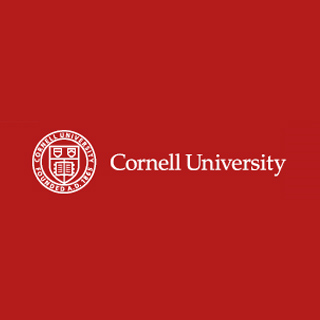
For a long time, scientists assumed that starving cancer cells of amino acid glutamine, which cancer cells require in larger quantities than normal cells, would help fight some cancers. This may now be possible by the newly discovered molecule. During the investigation, researchers dubbed 968 for binding with enzyme glutaminase. The molecule appeared to restrict cancer growth by blocking cancer cells’ utilization of glutamine.
Richard Cerione, the Goldwin Smith Professor of Pharmacology and Chemical biology at Cornell, remarked, “We have effectively stopped the growth of breast cancer cells in the lab without affecting normal mammary cells. We’ve validated our target. The next step will be to further the development of a classes of small molecules capable of stopping cancer cell growth in humans.â€
Having discovered that 968 avoids glutaminase and shrinks tumor cells, experts aimed to test effects of the molecule on non-cancerous cells. A unique association between the cell’s metabolic machinery, the signaling pathways and growth factor receptors controlling cell growth appeared. If the researchers are to be believed then, there is a broader connection between metabolism and cell signaling. Investigations are being undertaken to examine the consequences of 968 on other forms of cancer like prostate, ovarian and pancreatic cell lines. Experts are also exploring the effects of 968 and glutaminase on cancer cell growth.
The research was published on September 14, 2010 in Cancer Cell.
